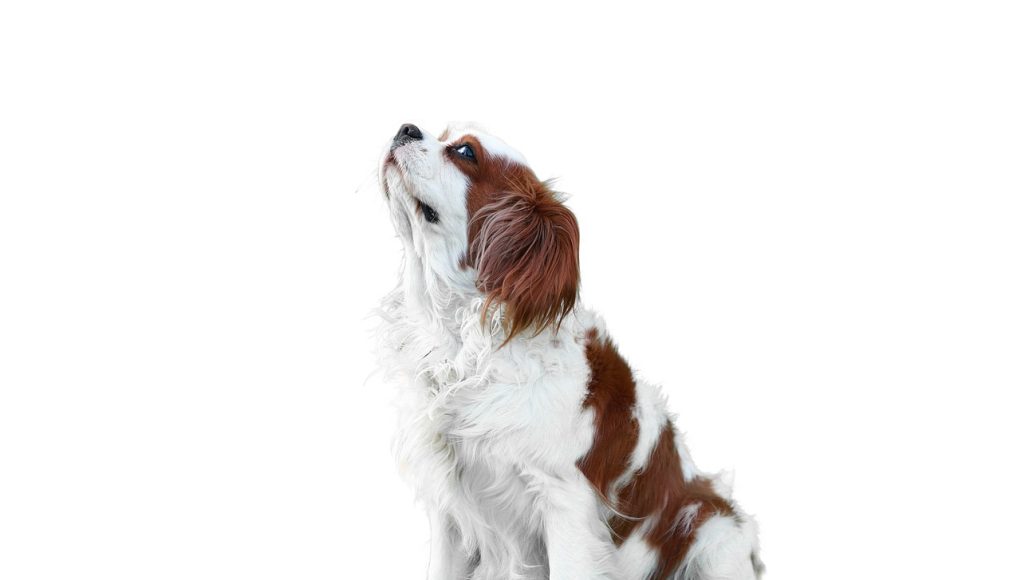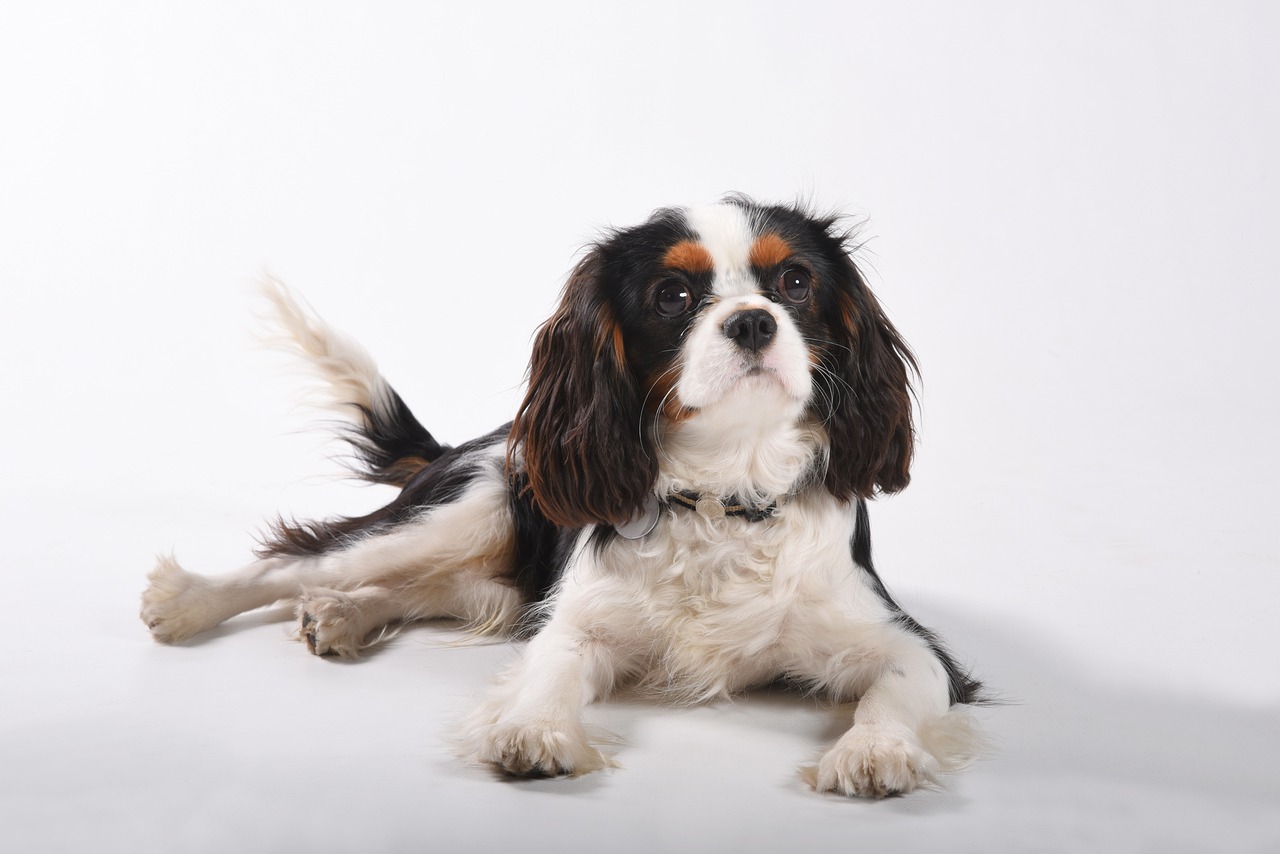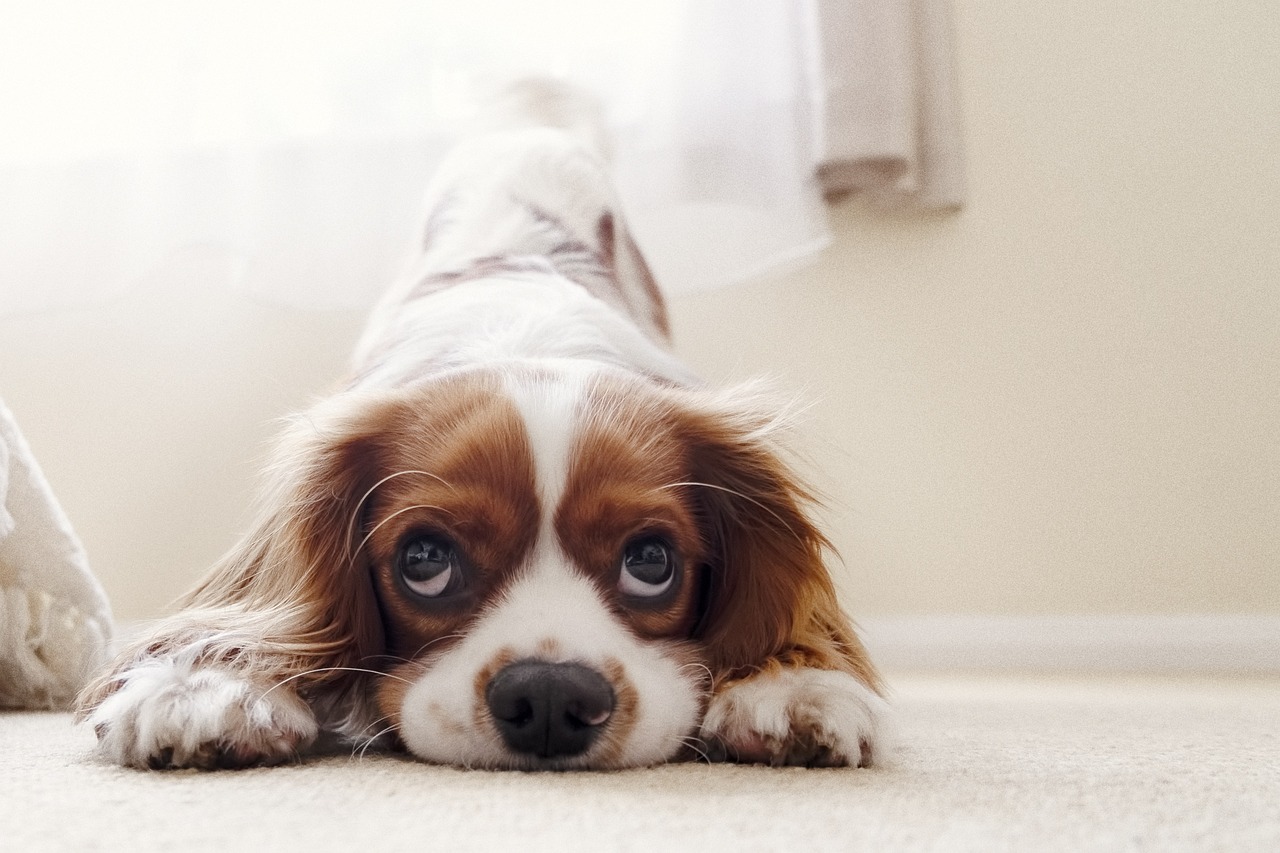The Cavalier King Charles Spaniel is a small, affectionate, and graceful breed known for its charming personality and elegant appearance.
As one of the most popular toy breeds, the Cavalier King Charles Spaniel has captured the hearts of dog lovers worldwide with its loving nature and adaptable temperament.
Cavalier King Charles Spaniel : A Complete Guide to This Dog Breed
This article provides a detailed overview of the breed’s history, physical characteristics, temperament, care needs, and health concerns.
Whether you’re considering adopting a Cavalier King Charles Spaniel or simply want to learn more about this gentle companion, this guide has all the information you need.
The Origins
The Cavalier King Charles Spaniel has a long and distinguished history that dates back to royal courts in Europe. The breed is named after King Charles II of England, who was famously devoted to his spaniels.
These dogs were favored by European nobility as companions and lapdogs, often accompanying their owners on journeys or lounging in their laps at court. While the breed shares some similarities with the King Charles Spaniel (also known as the English Toy Spaniel), it was further developed in the early 20th century to resemble the spaniels depicted in 16th and 17th-century paintings—leading to the Cavalier King Charles Spaniel we know today.
Fun Fact: King Charles II loved his spaniels so much that he issued a royal decree allowing them to enter any public place, including the House of Parliament.
Physical Characteristics
Cavalier King Charles Spaniels are known for their elegant appearance and affectionate expressions. Here’s a detailed look at their physical traits:
- Size: Cavaliers are small dogs, typically weighing between 13-18 pounds (6-8 kg).
- Height: They stand about 12-13 inches (30-33 cm) tall at the shoulder.
- Coat Color: Cavaliers come in four distinct coat colors: Blenheim (chestnut and white), Tricolor (black, white, and tan), Ruby (solid red), and Black & Tan. Their coat is silky, medium-length, and often slightly wavy.
- Morphology: Cavalier King Charles Spaniels have a compact and well-balanced body with a slightly rounded head. Their expressive, large dark eyes give them a gentle and loving appearance. They have long, feathered ears that add to their elegant look.
- Distinctive Features: The breed’s sweet expression, combined with its luxurious coat and large, expressive eyes, gives it a regal yet approachable appearance.
Comparison: Compared to other small breeds like the Bichon Frise, Cavalier King Charles Spaniels have a smoother, silkier coat and a more elongated, elegant build.
The Temperament of the Cavalier King Charles Spaniel
Cavalier King Charles Spaniels are known for their affectionate and friendly nature. They are excellent companions, always eager to please and adaptable to various living situations.
- Interaction with Children: Cavaliers are great with children, thanks to their gentle and affectionate demeanor. They enjoy playing and cuddling, making them excellent family pets. Their size makes them less intimidating to children, and they are generally very tolerant.
- Behavior with Other Animals: Cavalier King Charles Spaniels typically get along well with other dogs and pets, especially when socialized from an early age. Their friendly and easygoing nature makes them well-suited for homes with multiple animals.
- Training Tips: Cavaliers are intelligent and eager to please, making them relatively easy to train. They respond well to positive reinforcement and enjoy learning new commands and tricks. Due to their sensitive nature, it’s important to use gentle, consistent training methods.
Care Needs for the Cavalier King Charles Spaniel
Cavalier King Charles Spaniels are generally low-maintenance, but they require regular grooming and exercise to stay healthy and happy.
- Coat Maintenance: The Cavalier’s silky coat requires regular grooming to prevent tangles and mats. Brushing two to three times a week is recommended to keep their coat in good condition. Occasional baths will help maintain their coat’s cleanliness and shine.
- Exercise Requirements: While Cavaliers enjoy lounging with their owners, they are also active and playful dogs that need regular exercise. Daily walks and play sessions are important to keep them physically and mentally stimulated. They enjoy both indoor and outdoor activities and adapt well to different living environments, including apartments.
- Hygiene and Specific Care: Regular ear cleaning is important, as their long ears can trap moisture and lead to infections. Dental care is also essential, as Cavaliers are prone to dental issues due to their small mouths. Regular brushing and professional dental cleanings can help maintain their oral health.
Common Health Issues in Cavalier King Charles Spaniels
Cavalier King Charles Spaniels are prone to certain genetic health conditions, so it’s important to be aware of these potential issues.
- Mitral Valve Disease (MVD): This heart condition is common in Cavaliers and can lead to heart failure in severe cases. Regular veterinary check-ups and monitoring are essential for early detection and management.
- Syringomyelia: This neurological condition affects the brain and spine and can cause pain and discomfort. While not all Cavaliers will develop syringomyelia, it’s important to watch for symptoms like sensitivity around the neck or head and seek veterinary advice if necessary.
- Hip Dysplasia: This genetic condition affects the hip joint and can lead to arthritis or mobility issues. Keeping your Cavalier at a healthy weight and providing regular exercise can help manage the risk.
- Life Expectancy: Cavaliers have an average lifespan of 12-15 years. Regular vet check-ups, a balanced diet, and proper exercise can help ensure they live a long and healthy life.
Life Expectancy and Quality of Life
Cavalier King Charles Spaniels generally live between 12 and 15 years. Their quality of life depends on maintaining their health and meeting their emotional and physical needs.
- Maximizing Quality of Life: To ensure your Cavalier lives a happy and fulfilling life, provide them with plenty of love, regular exercise, and mental stimulation. A balanced diet, routine vet visits, and grooming are also essential for their overall well-being. Cavaliers thrive when they are part of family activities and receive plenty of attention.
Pros and Cons of Owning a Cavalier King Charles Spaniel
Advantages:
- Cavaliers are affectionate and make excellent companions for individuals and families alike.
- Their small size and adaptable nature make them suitable for both apartments and houses.
- They are generally good with children and other pets, making them ideal for multi-pet households.
Disadvantages:
- Cavaliers require regular grooming to keep their coat in good condition.
- They are prone to certain genetic health issues, particularly heart disease and neurological conditions.
- Their friendly nature means they may not be the best choice for those looking for a guard dog.
What to Know Before Adopting a Cavalier King Charles Spaniel
Cavalier King Charles Spaniels are best suited for families or individuals who can provide them with plenty of love and attention. They thrive in homes where they are treated as a member of the family and included in daily activities. Cavaliers are adaptable and do well in both apartments and houses, but they need regular exercise and mental stimulation.
Before adopting a Cavalier, it’s important to understand the breed’s potential health concerns and grooming needs. Consulting with breeders or rescue organizations can help prospective owners determine if the Cavalier King Charles Spaniel is the right fit for their lifestyle.
Comparing the Cavalier King Charles Spaniel with the Cocker Spaniel
While both breeds share a spaniel lineage, Cavalier King Charles Spaniels are smaller and more refined than Cocker Spaniels. Cavaliers tend to be more laid-back and less active than Cocker Spaniels, making them a better fit for those looking for a quieter, more relaxed companion.
Cavalier King Charles Spaniels are affectionate, gentle, and loyal companions that make wonderful pets for a variety of households.
Their adaptable nature and loving temperament mean they thrive in different living environments, from apartments to large homes.
With proper care, training, and attention to their health, Cavaliers can provide years of joy and companionship to their owners.










